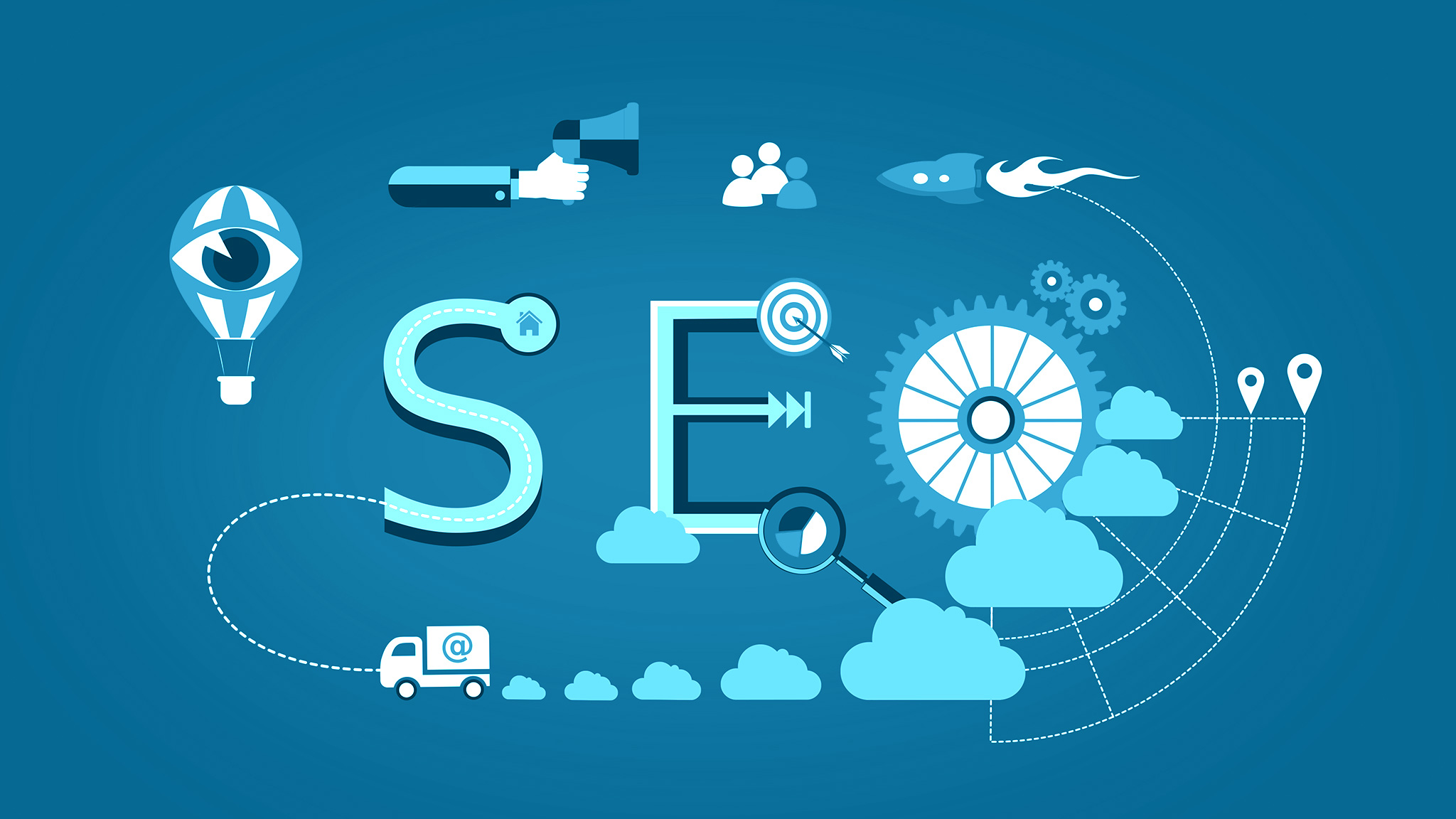
In today’s digital age, where attention spans are short and competition is fierce, having a fast-loading website is crucial for online success.
Page speed, which refers to how quickly a web page loads, not only impacts user experience but also plays a significant role in search engine optimization (SEO).
But how can you optimize the page speed of your website to improve SEO Calgary?
In this article, we will explore the importance of page speed for SEO and provide insights on how to optimize your website for faster load times.
Here’s everything you need to know:
Why Page Speed Matters for SEO?
Page speed is a critical factor in determining the user experience of a website. Research has shown that users are more likely to abandon a website if it takes too long to load, leading to increased bounce rates and decreased engagement. From an SEO perspective, search engines like Google consider page speed as one of the ranking factors in their algorithms. Websites that load quickly are more likely to rank higher in search engine results pages, resulting in increased organic traffic and better visibility.
Optimizing Page Speed
Here are 6 things that you or your hired developer can do to optimize the page speed of your website:
Compress and Optimize Images
Large image files can significantly slow down your website. Optimize images by compressing them without compromising quality. Use image compression tools or plugins to reduce file sizes and improve load times.
Minimize HTTP Requests
Each element on a web page, such as images, scripts, and stylesheets, requires an HTTP request to the server. Minimize these requests by combining files, reducing the number of plugins used, and optimizing code.
Enable Browser Caching
Browser caching allows a user’s browser to store static files, such as CSS or JavaScript, so they don’t need to be reloaded every time the user visits your site. Enable caching by adding cache control headers or using caching plugins.
Reduce Server Response Time
A slow server response time can significantly impact page speed. Choose a reliable hosting provider and consider using content delivery networks (CDNs) to distribute your website’s content across multiple servers worldwide, reducing the distance between users and your server.
Optimize Code and Scripts
Clean up your website’s code by removing unnecessary characters, spaces, and comments. Minify CSS and JavaScript files to reduce their size and improve load times.
Prioritize Above-the-Fold Content
Load the critical content, such as text and images above the fold, first to give users a faster initial view of your web page. This technique, known as lazy loading, allows non-essential elements to load later.
By doing these 6 things, you can improve the loading speed of your website pages.
Final Thoughts – Page Loading Speed
Optimizing page speed is crucial for both user experience and SEO. A fast-loading website enhances user satisfaction, reduces bounce rates, and improves engagement. Additionally, search engines prioritize websites that provide a seamless browsing experience, resulting in better rankings and increased organic traffic. By implementing the optimization techniques mentioned above, you can enhance your website’s page speed and reap the benefits of improved SEO performance.




